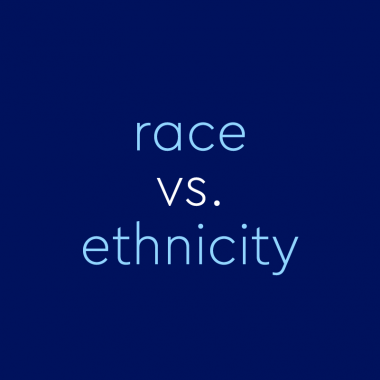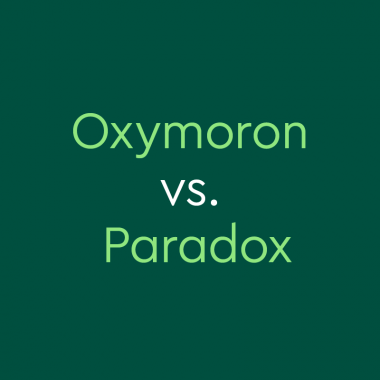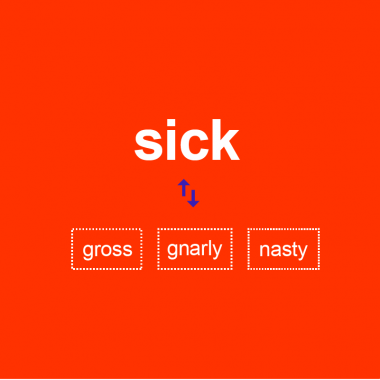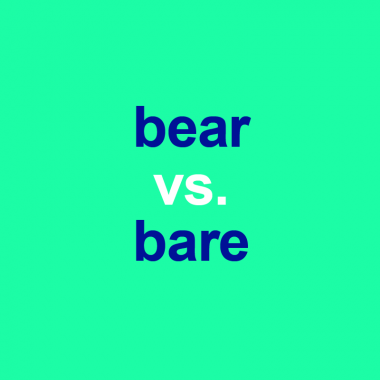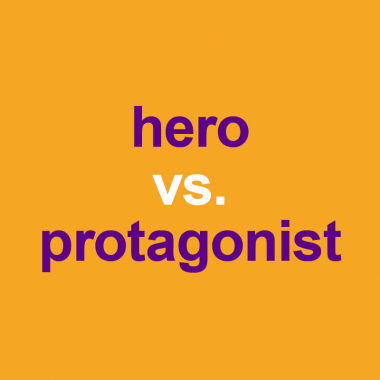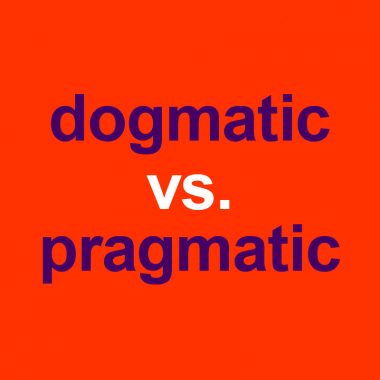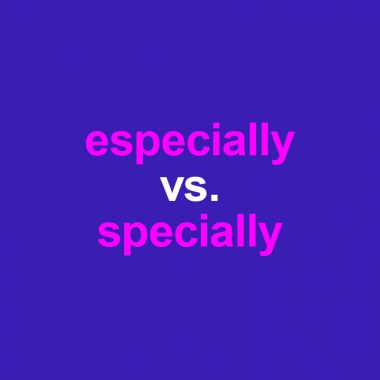Nazi vs. Fascist: Is There Really A Difference?
Fascist and Nazi: these two words loom large in the history books and in heated conversations about politics—conversations that have far outlasted the regimes that originally embraced them. For many of us, the words fascist and Nazi bring to mind the worst dictators and crimes against humanity. But as these ideologies make the news in 2020, used especially in the context of a growing concern about …

